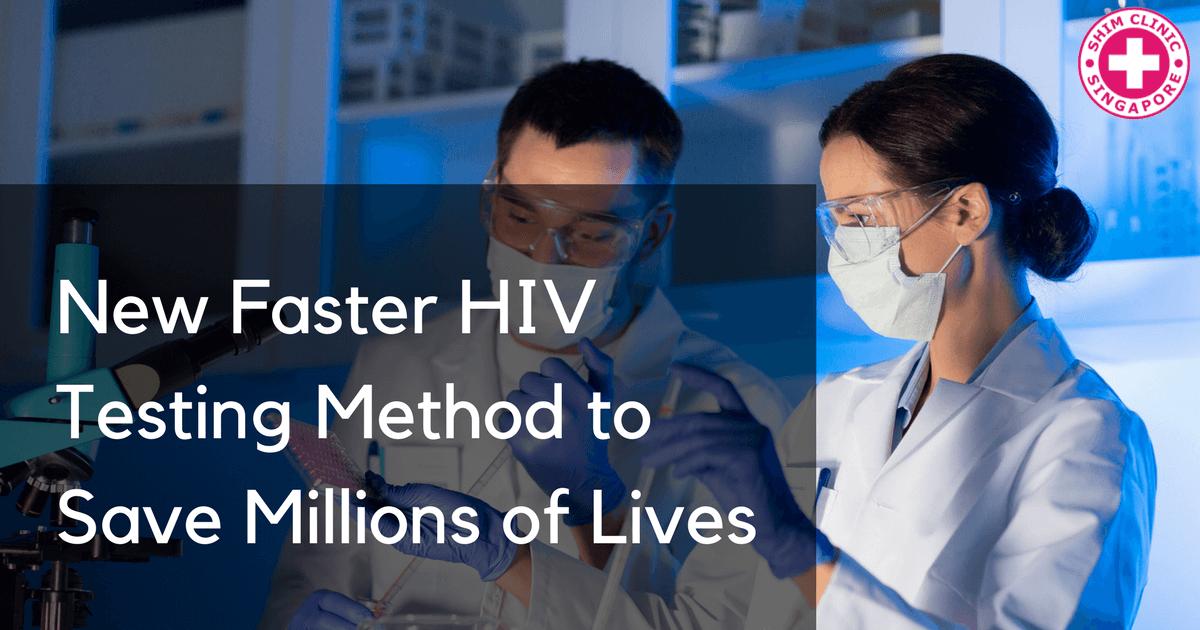There is great news within the medicine field especially in the halls dealing with providing better testing and care for HIV patients. A new faster HIV testing method that can detect the virus after a week has been discovered by Brazilian scientists at the Madrid Institute of Microelectronics.
This faster testing method could tremendously increase the number of lives that are saved from this damaging virus. According to Priscila Kosaka, one the scientists credited to the new HIV test, the one-week results are way faster than conventional HIV testing methods.
The scientist said that the idea for a faster testing method stemmed from the development of sensors that detect cancer. The sensors have been used for many years but scientists are still looking for better and improved testing methods, including for HIV.
Detection of the HIV virus in a timely manner is one of the biggest challenges that doctors face in the fight against the virus. The scientists at Madrid then decided to use the already existing sensors to detect the presence of HIV.
Despite a raging war against HIV/AIDS, the numbers of those affected and new infections are still worrying. The UN put cases of people living with HIV in 2015 at 36.7 million worldwide. However, AIDS-related deaths have decreased by 45% in the last decade. This is from two million cases in 2005 to 1.1 million cases in 2015. While this comforting, scientists are fighting to eradicate new cases completely. HIV testing thus becomes a major area of importance if they are to win this fight.
Current HIV Testing Methods
Currently, there are a couple of tests used to determine HIV in the human body. The antibody screening test is the most common. The test looks for HIV antibodies in oral fluid or the blood. This test works best between 3 to 12 weeks after infection as it takes this long for the body to produce enough antibodies that can be detected in the test.
A second test, the combined antibody/antigen test, is used to check for the p24 antigen. This is a structural protein that is the most make up in the HIV viral core. The antigen is faster to detect compared to HIV antibodies. This can be between 2 to 6 weeks post infection.
Another popular testing method is nucleic acid amplification testing (NAAT). This test is more expensive than the other two and detects HIV infection in about seven to 28 days following infection with the virus.
Two Weeks for Accurate Results
With the new test, according to Kosaka, doctors will now be able to find the p24 antigen even in lower concentrations. They won’t need the high concentrations of the antigen required by the current combined antibody/antigen test. This means that HIV can then be detected sooner.
With this new testing method, people who suspect that they may have contracted the virus will not have to wait for up to 3 months to fully ascertain if they indeed have the virus or not. This also means that those infected can start on antiretroviral therapy or HIV PEP pretty fast post infection increasing their chances of living healthier and longer with the virus.

